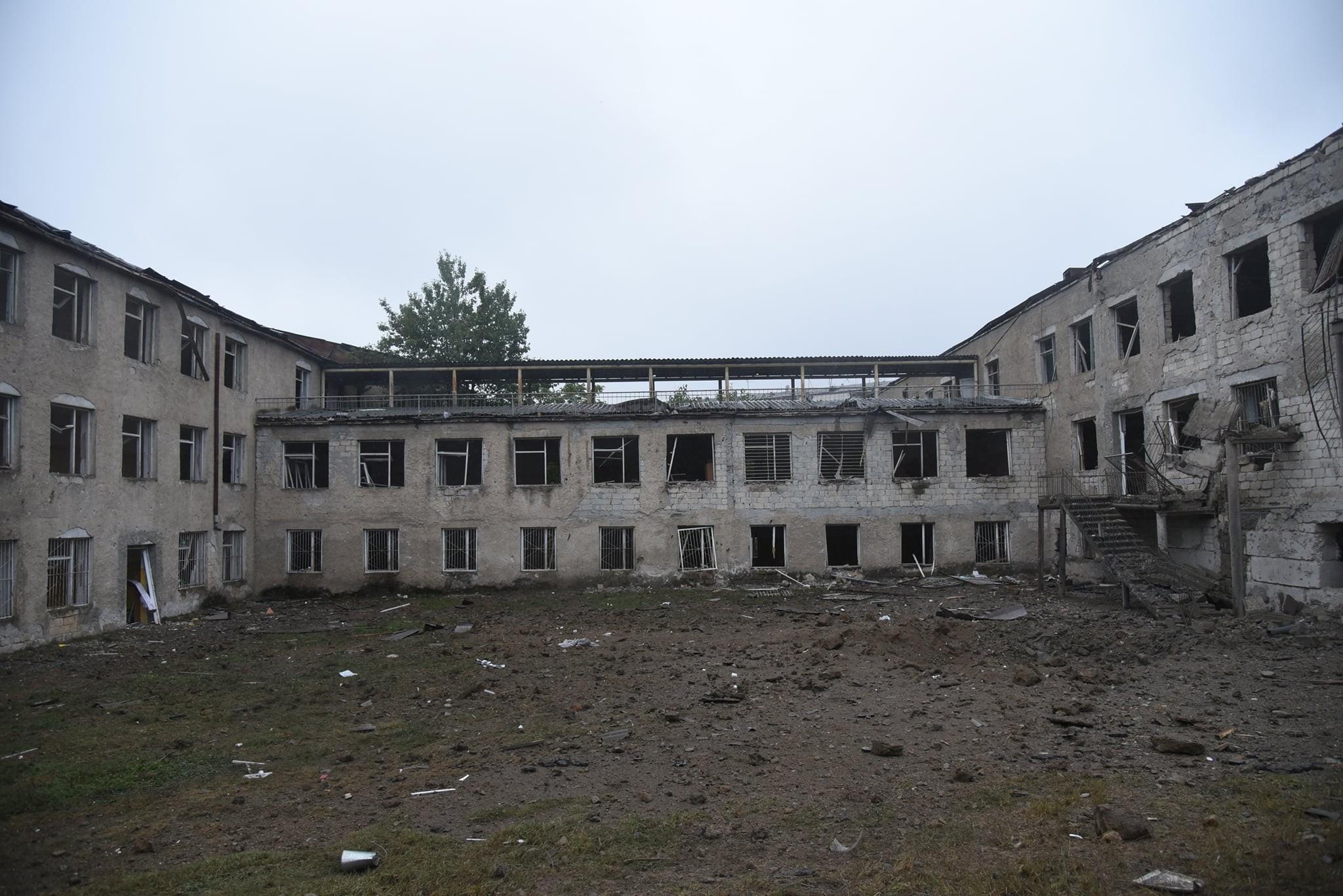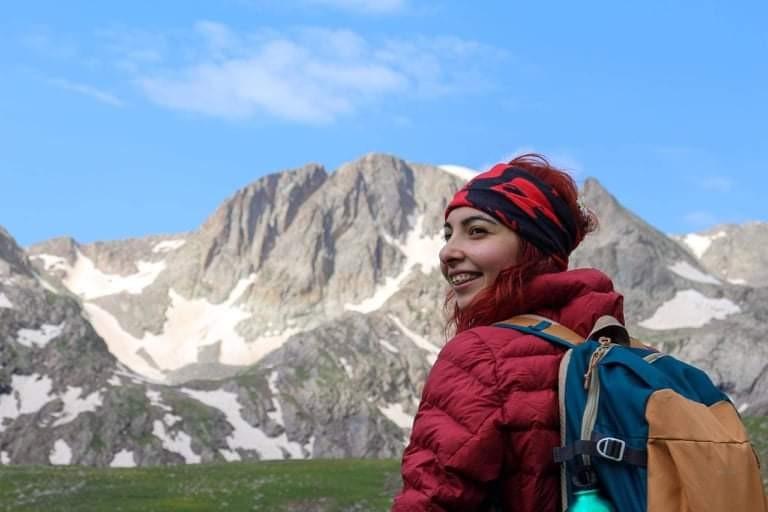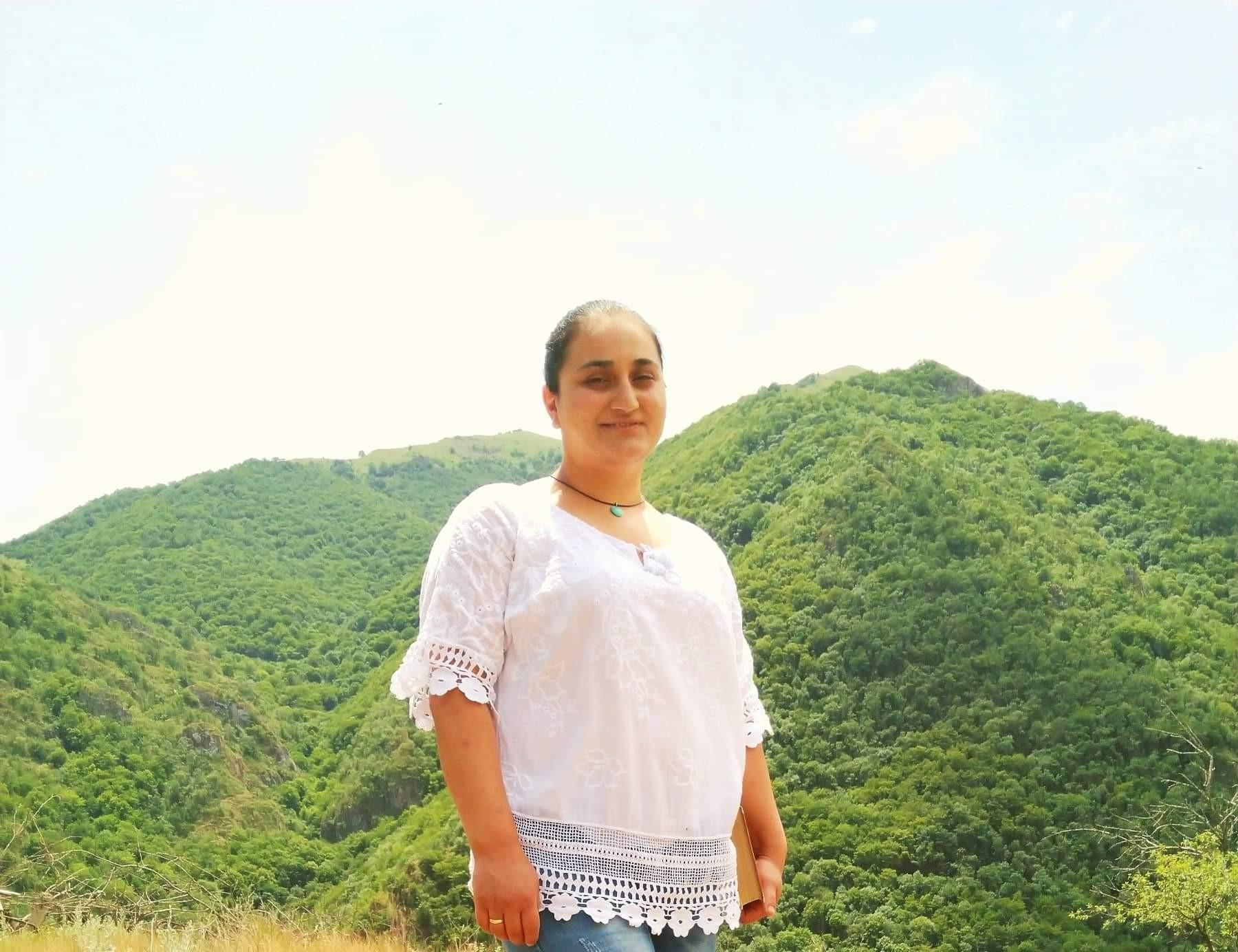
War Interrupts Schooling for Thousands: Artsakh Teachers and Pupils Cope with the Challenges
For the past few days, a young boy has been walking in a yard in a Yerevan neighborhood. A dog is always by his side.
It’s hard to strike up a conversation. The boy’s relatively tight-lipped for his age. He answers questions briefly and quickly. It’s only when he plays with the dog that a smile appears on his face, revealing the mischievous boy underneath.
Nine-year-old Karen and his family moved to Yerevan soon after the Azerbaijani military started shelling Stepanakert. They quickly packed the essentials: documents, clothes.
Karen isn’t going to school in Yerevan. The boy has become withdrawn, and it’s unclear when his interrupted education will resume. The family won’t stay in Yerevan for long. Their next port of call has been decided. "I wish we could go home," says Karine's mother, holding back her tears.
According to Artsakh Human Rights Defender Artak Beglaryan, some 90,000 residents of the Artsakh Republic have been forced to leave their homes and move to other settlements in Artsakh or Armenia since September 27.
According to the interim report his office published on Azerbaijani crimes against the population of Artsakh, Azerbaijani armed forces targeted more than 130 civilian settlements, and according to preliminary data, more than a thousand infrastructure, public and industrial facilities were seriously damaged, including several dozen educational institutions. Beglaryan’s office reports that 217 schools and 60 kindergartens have been closed due to Azerbaijani aggression, and more than 24,000 students do not attend school.
While there are other, more vital priorities during the war, we must not forget that access to education is one of the most important rights of children, enshrined in the UN Convention on the Rights of the Child and its local constitutions, and its omission can have a devastating effect on children's future. UNICEF says that if children are left without school, they are at risk of poverty, which can last a lifetime.
Stepanakert: It is difficult for children to avoid the war
Narineh Vardanyan, from Stepanakert, says that on September 27 she woke up to the sound of firing.
"I woke up at 7:20. Five, six, seven ... maybe more thuds. The day before was a city holiday. It sounded like fireworks. But I lived in a war for a long time, I understood immediately. Neighbors then said large-scale fighting had broken out. I saw10-15 children running to a shelter. I followed them. We moved the war to the basement. The school stayed above, in the target zone. There were children in the shelters with whom I tried to talk, play, give lessons ... They said they were thinking about their fathers. It was hard to persuade them to learn,” says Vardanyan.
She says some of the children taken away from the war zone started going to school in their new locales. Others either didn’t want to study or they couldn’t.
Karvatchar. "We already had an education problem because of the epidemic"
Tamara Grigoryan is the coordinator of Karvatchar "Wikiclub" and teaches English to the local children in this northwestern Artsakh town.
Born in Vanadzor, she attended university in Yerevan and moved to Karvatchar with her husband, convinced that the resettlement of the liberated territories was of strategic importance.
She says the education situation is getting worse because of the epidemic. Due to several technical problems, it wasn’t possible to fully organize distance lessons for the past months.
"Since March, the children have been taking school classes and other study sessions online because of the epidemic. Classes resumed at the school and classes at the school on September 14, in adherence to the anti-epidemic rules. The children really missed school and the extracurricular activities.”
Grigoryan introduces us to one of the students, Lena Ghazaryan, who is also currently deprived of the opportunity to go to school.
Lena, a high school student, tries to fill the gap by educating herself, editing Wikipedia articles, reading, periodically volunteering, or trying to help her friends monitor news feeds so that they don’t spread misinformation.
Lena says while most of her friends are going to school after being moved to safer temporary environs, there are many children who can’t learn, even if they want to. Something prevents them. Some children can’t adapt to a new environment. Some have lost a loved one and are in no mood for school. Others just dream of returning home and want the war to soon end.
The interrupted work and dreams of Berdashen students
Shushan Manukyan is one of the teachers of the "Teach, Armenia" program. She teaches in Berdashen, a community in Artsakh's Martuni region.
On Sunday, September 27, she and her colleagues were to meet with pupils to work out a plan for community opportunities. They were planning to create a club preparing for the Student Olympiad. All the students had registered for classes. They also registered for an online cultural event to be held on October 2.
"They were waiting impatiently, they were checking the link," says Manukyan.
The war has upended all of this. Manukyan is now negotiating with the children to attend school in temporary places of residence.
"Now, they do not want to go to school. I bargain with them every day. I ask, I cajole. I explain the advantages of going to school now and then returning. I think going to school here kills in them the happy wish to go back soon. Or they maybe they are afraid of dealing with new stress, of staying away from their family even for a short time. There are many reasons, but some of them are already going to school. We are still trying to adapt to the new school.”
Specialist: “We are dealing with traumatized children”
According to education expert Serob Khachatryan, both public and private schools in Armenia are caring for children from Artsakh. Several private schools announced in early October that they were ready to accept students who arrived in Armenia, providing them with free education and continuing education.
Despite this, it is still not possible to organize the education of thousands of children. Khachatryan is especially concerned about the non-attendance of primary school students, as the knowledge acquired in the first to fourth grades is crucial for children.
He says that at that age children learn things, the omission of which can be catastrophic. The education expert says that this situation is also an opportunity for the children of Artsakh to make the jump to distance learning. However, the expert emphasizes that when organizing the education of schoolchildren who have seen war, their psychological state should be considered. Educators should not forget that they are children who have been traumatized.
The Artsakh teachers also speak about overcoming psychological problems.
Shushan Manukyan says that the children will not be the same anymore.
She says no matter how much the children realize that they should be strong, they are children, and there is no need to say that they should study well or not be sad.
"The education of thousands of children was interrupted and with it, the normal course of life, thoughts, lifestyle. We will need to restore the spiritual world of these children the most, but only after victory,” says Narineh Vardanyan.
Top photo is from the Facebook page of the Artsakh Human Rights Defender
 Videos
Videos Photos
Photos


Write a comment